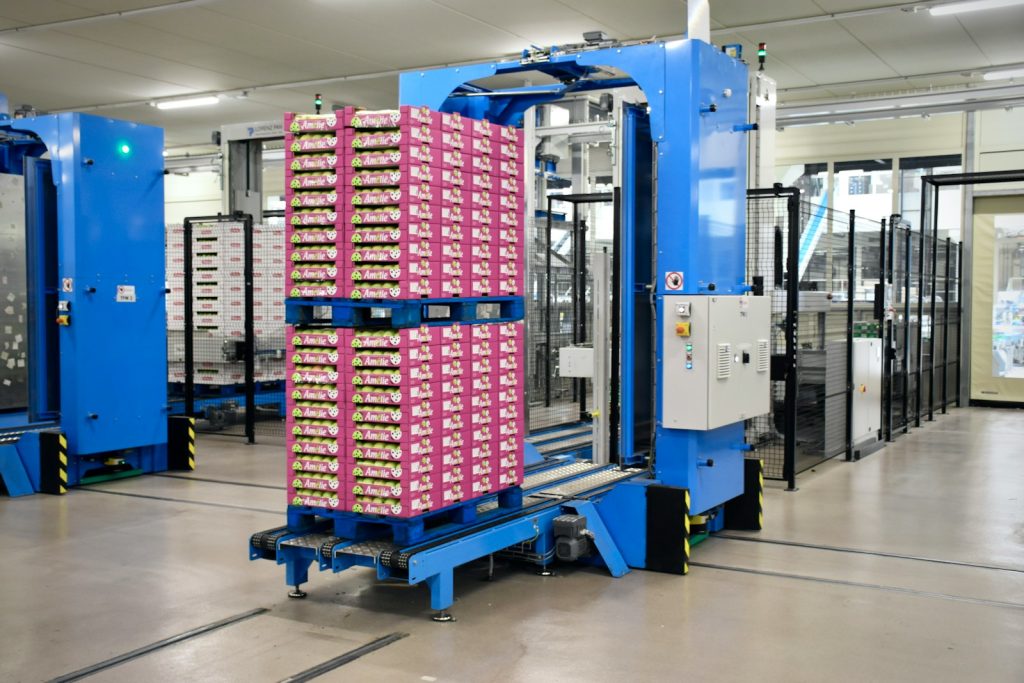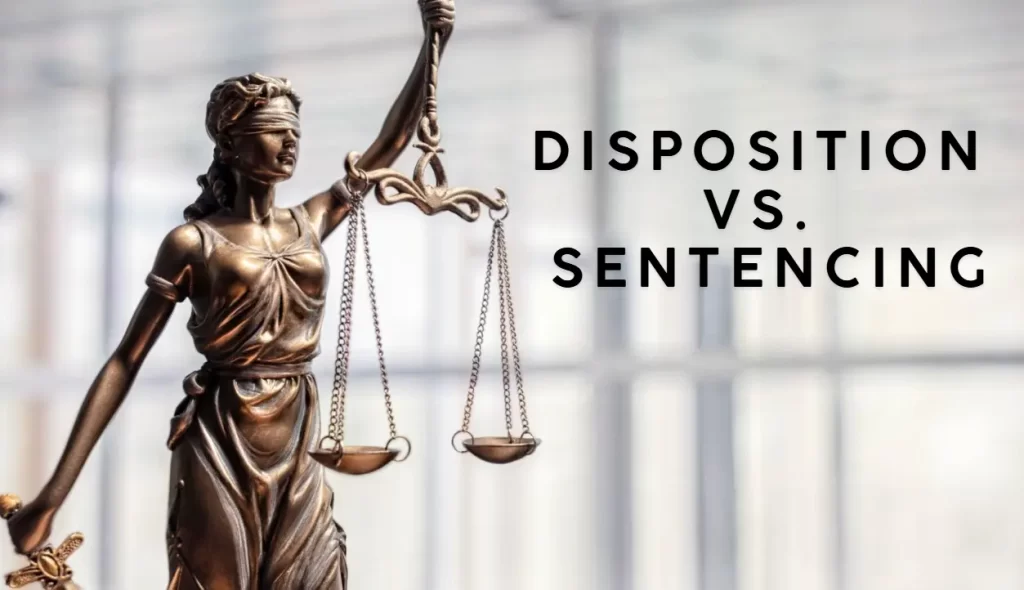The logistics industry is the backbone of global trade and commerce, facilitating the movement of goods and services across vast distances.
This sector encompasses transportation, warehousing, inventory management, and supply chain coordination.
In this high-stakes sector, it is critical to ensure that all parties involved are verified and trustworthy. This is where identity verification becomes crucial, providing a layer of security and trust in the logistics sector.
Importance of Identity Verification
Identity verification is confirming that an individual’s or entity’s claimed identity matches their actual identity. This process is critical in the logistics industry, where trust and reliability are essential.
By verifying identities, you can ensure that employees, vendors, and customers are who they claim to be, reducing the risk of fraud, theft, and other security breaches.
Why Identity Verification is Critical in Logistics?
Security and Safety
Security and safety are paramount in the logistics industry, where the movement of goods involves multiple touchpoints and potential vulnerabilities.
Identity verification aids you in mitigating these risks by ensuring that only authorized individuals have access to sensitive areas and information.
In addition to protecting physical assets, identity verification also helps to safeguard digital information.
Mitigating Fraud and Theft
Fraud and theft are significant concerns in the logistics industry, where the movement of high-value goods and sensitive information presents numerous opportunities for criminal activity.
Identity verification can help your logistics company mitigate these risks by ensuring that all parties involved in your supply chain are trustworthy and accountable.
By conducting thorough background checks and continuous monitoring, you can identify potential risks and take proactive measures to prevent theft.
Identity verification is also crucial in preventing delivery scams and other forms of customer fraud.
Enhancing Operational Efficiency
Operational efficiency is critical in the logistics industry, where timely and accurate delivery of goods is essential to customer satisfaction and business success.
Identity verification can play a significant role in enhancing efficiency by streamlining processes and reducing the risk of errors and delays.
Moreover, identity verification can help improve customer service by ensuring that orders are processed and delivered accurately and securely.
Key Areas Requiring Identity Verification
These are some of the critical areas that need a robust identity verification system:
Employee Background Checks
The employee background checks help to ensure that employees have the necessary qualifications and are free from criminal backgrounds.
This is the key to identifying potential risks and making informed hiring decisions. This can also help you prevent internal theft, fraud, and other security breaches.
Vendor and Contractor Verification
Working with unverified vendors and contractors can pose significant risks to your logistics company. Unverified vendors may engage in fraudulent activities such as false invoicing, kickbacks, and other forms of vendor fraud.
By verifying the identities of vendors and contractors, you can prevent fraudulent activities. You can also ensure that all your vendors and contractors meet the company’s standards and requirements.
Real-Life Example: Vendor Fraud at FedEx
In 2017, FedEx faced a significant vendor fraud issue when it was discovered that a vendor had submitted false invoices totaling millions of dollars. The vendor had created fictitious companies and used fake identities to submit fraudulent invoices for services that were never rendered.
This fraud went undetected for several years, resulting in significant financial losses for FedEx.
By implementing robust vendor verification processes, FedEx could have prevented this fraud and protected its operations.
Customer Verification to Prevent Delivery Scams
Delivery scams are a growing concern in the logistics industry, where fraudulent customers place orders with the intent of stealing goods or claiming that they were never received.
These scams can result in significant financial losses and damage to the company’s reputation.
By verifying the identities of customers, you can reduce the risk of delivery scams and ensure that goods are delivered to the correct recipients.
Instance: Amazon’s Fight Against Fake Orders
Amazon, one of the largest e-commerce companies in the world, has implemented comprehensive customer verification processes to combat delivery scams and fraudulent orders.
By verifying the identities of customers, Amazon can ensure that orders are placed by legitimate individuals and delivered to the correct recipients.
Challenges in Implementing Identity Verification
Technological Barriers
Implementing identity verification can be challenging due to various technological barriers.
Another challenge is ensuring the accuracy and reliability of identity verification processes.
With the increasing sophistication of identity fraud techniques, you must invest in advanced technologies to stay ahead of potential threats.
Privacy Concerns
Privacy concerns are another significant challenge in implementing identity verification in the logistics industry.
As a logistics company, you must comply with various data protection regulations, such as the General Data Protection Regulation (GDPR) and the California Consumer Privacy Act (CCPA), to ensure that personal information is handled securely and ethically.
Balancing the need for identity verification with privacy concerns requires a careful and thoughtful approach.
Cost Implications
Implementing identity verification processes can be costly, particularly if you run a small or medium-sized logistics company. The costs associated with technology investments, infrastructure, and ongoing maintenance can be significant.
Solutions and Best Practices
Leveraging Technology for Identity Verification
In the modern logistics industry, leveraging technology for identity verification is not just an option—it’s a necessity.
Advanced technologies such as biometric verification, artificial intelligence (AI), and blockchain are transforming how to verify identities, making processes faster, more accurate, and more secure.
By adopting these technologies, you can enhance their identity verification processes, ensuring greater security and efficiency.
Adopting Multi-Layered Verification Processes
One of the most effective ways to ensure robust identity verification is through multi-layered verification processes.
This approach involves using multiple methods to verify identities. This can start with a basic identity check, such as verifying government-issued IDs and cross-referencing them with public databases.
By adopting multi-layered verification processes, you can create a robust security framework that addresses various potential vulnerabilities.
Regulatory and Compliance Considerations
The logistics industry operates under a complex web of regulations that vary by region and sector.
Understanding and complying with these regulations is crucial for maintaining security and avoiding legal penalties.
Key regulations that impact identity verification in logistics include the General Data Protection Regulation (GDPR), the California Consumer Privacy Act (CCPA), and the Customs-Trade Partnership Against Terrorism (C-TPAT).
Conclusion
The importance of identity verification in the logistics industry cannot be overstated. To maintain security, efficiency, and trust, you must ensure that the employees, vendors, and customers are who they claim to be.
It is essential to leverage advanced technologies, adopt multi-layered verification processes, and collaborate with background verification companies to enhance identity verification efforts.
These specialized firms possess the expertise and resources to conduct thorough and accurate background checks, helping you focus on your core operations.
Why AMS Inform For Identity Verification in the Logistics Industry?
Founded in 1986, AMS Inform brings over 38 years of experience in identity verification. We offer global background checks, educational verification, pre/post-employment checks, credit checks, health and drug screenings, insurance claim investigations, and language translation services.
Operating in over 160 countries with local teams in 16, we provide comprehensive support for global operations. As a member of NASSCOM and PBSA, we ensure compliance and quality.
Partner with AMS Inform for customized, reliable solutions tailored to your logistics identity verification needs.
Contact us today to enhance the integrity and security of your operations.


















